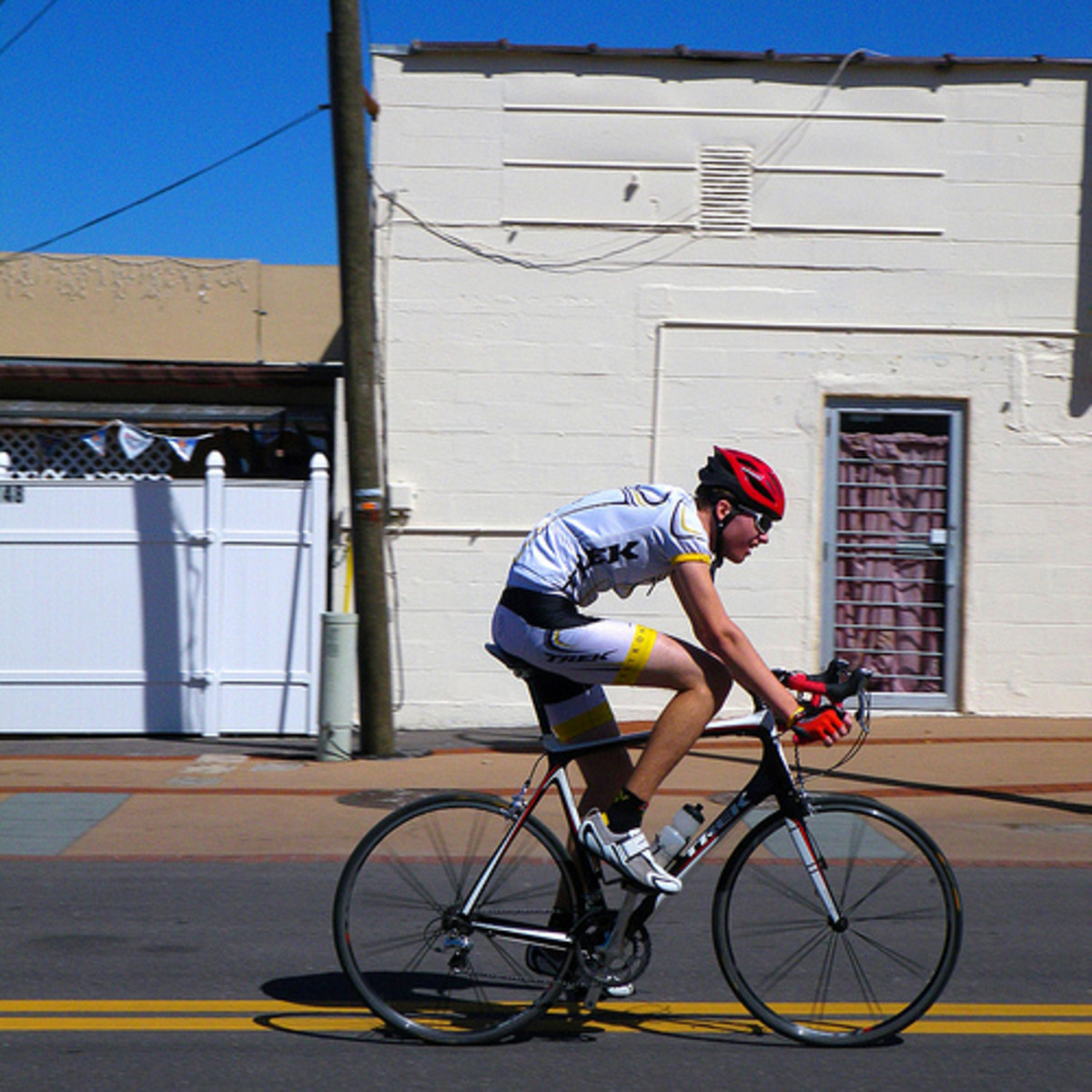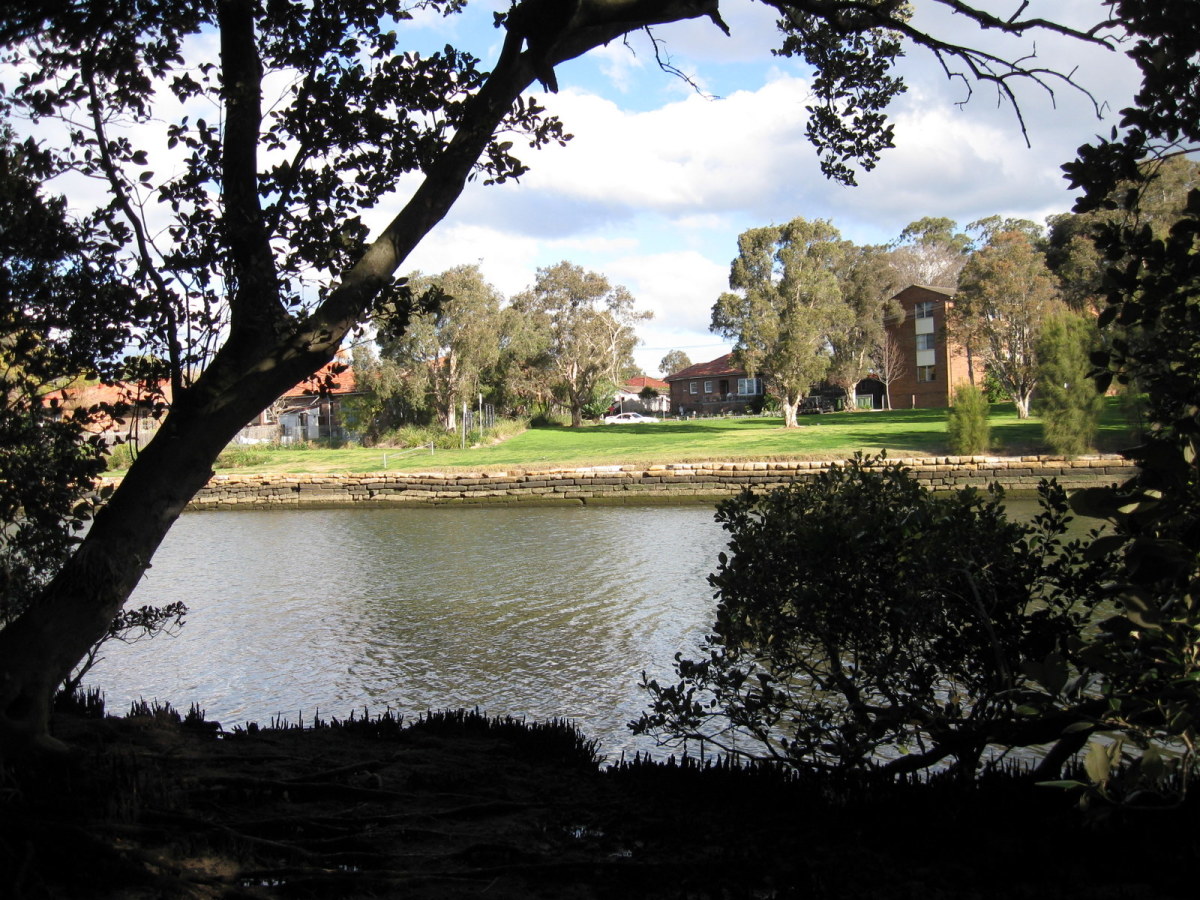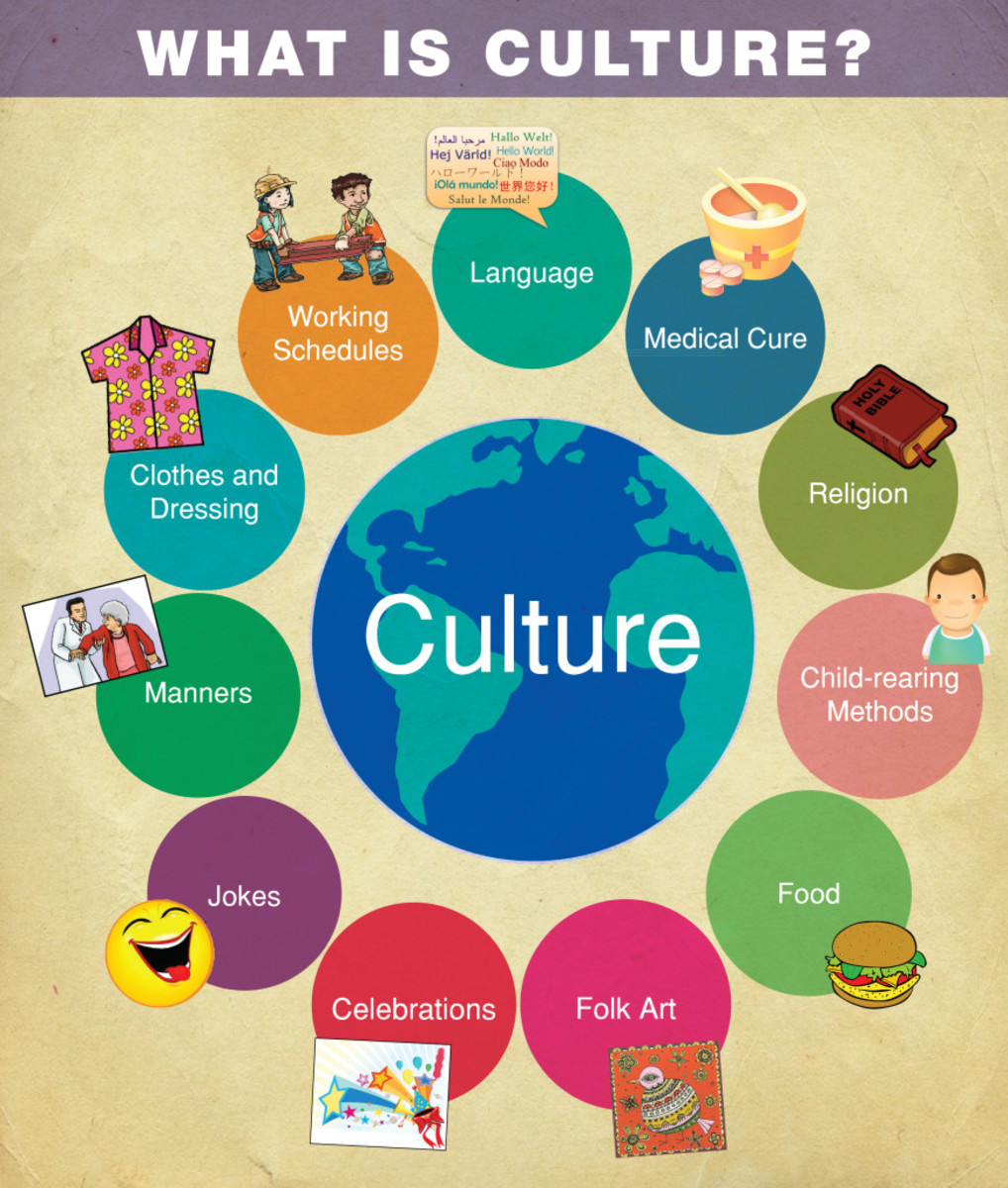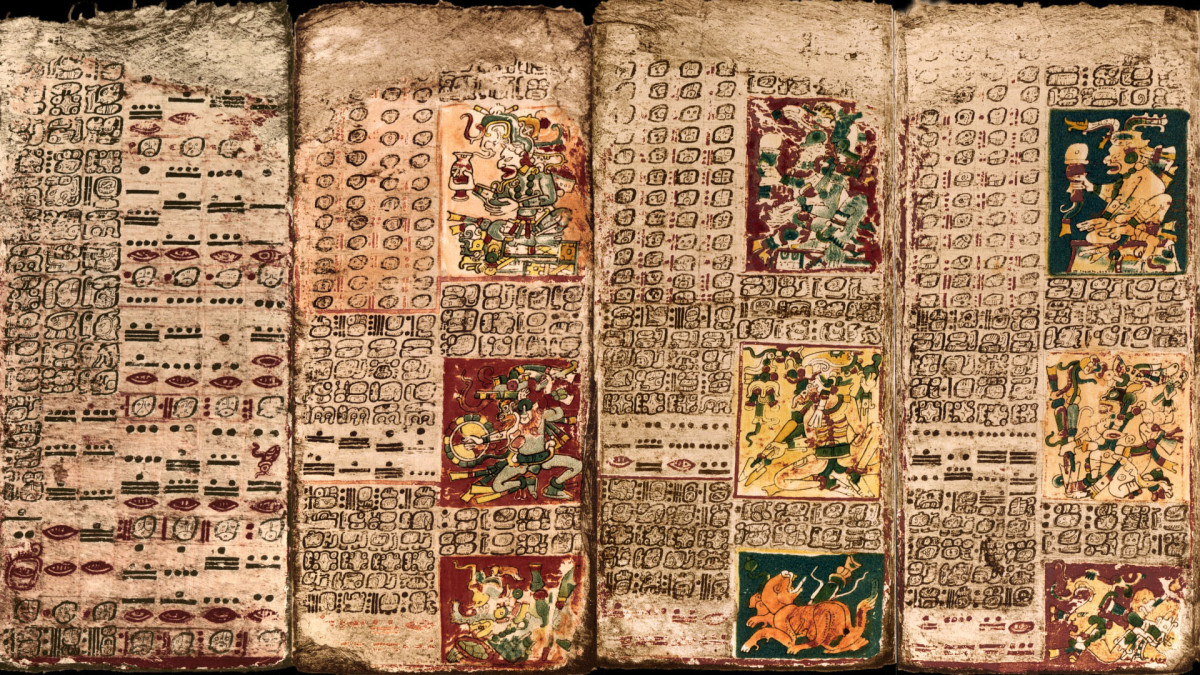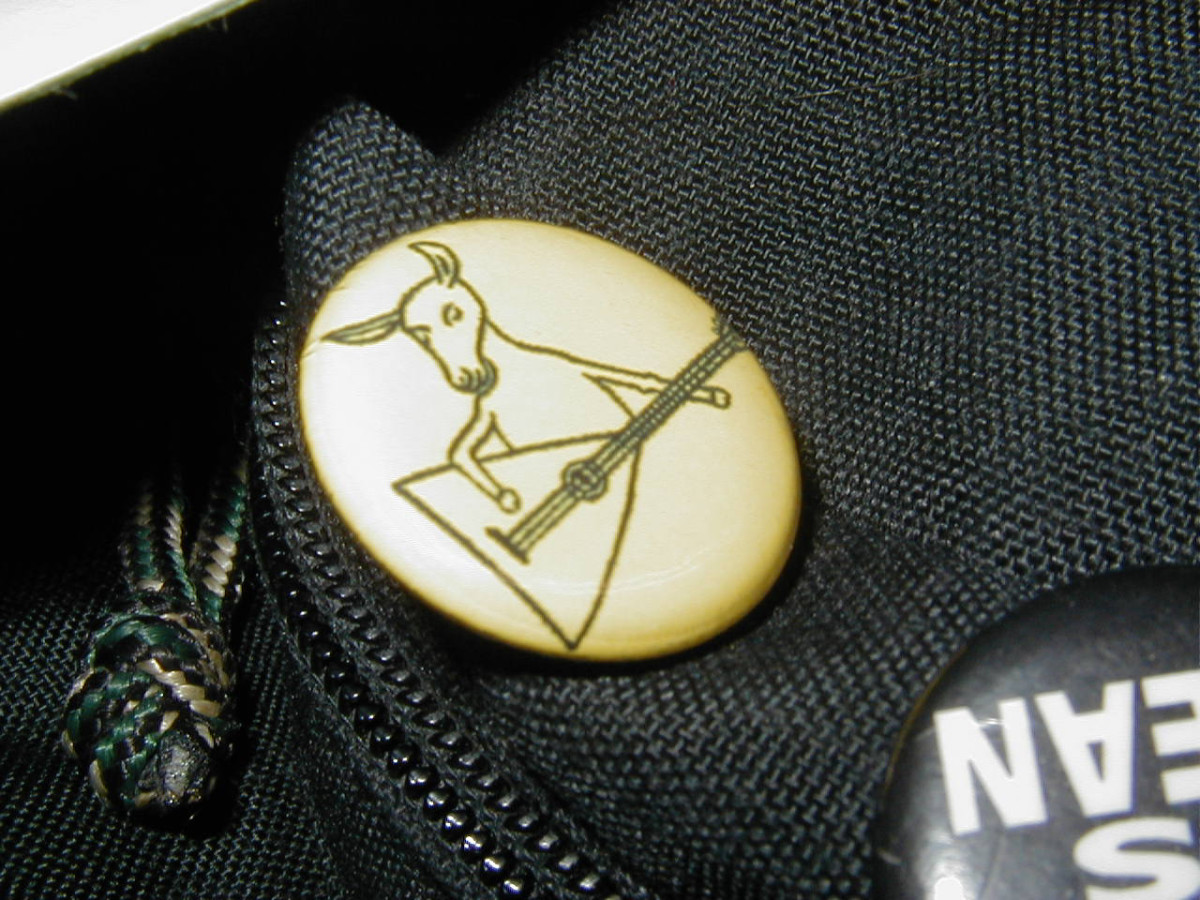Culture-Bound Syndromes
A man seated upon the sun-baked ground twitches. He has been still for several minutes, eyes glazed, both arms hanging loosely at his sides. A moment later he twitches again and suddenly begins to convulse. While writhing in the hot dirt, he begins to mumble, then scream, grasping at the air, seeking what is not there. Those that gather around him watch and wait. No one comes to his aid, but all sit intently, listening and watching. Apparent to anyone within the realm of the Western Hemisphere would be the clear presence of some untreated and dangerous neurological deficiency. Yet, within Taiwanese culture where such an occurrence, known as hsieh-ping, is a commonality, this physically and mentally debilitating affliction would be recognized as having a far different causation: possession by an ancestral spirit. If this individual had been admitted into an American medical facility, he would have been misdiagnosed even if all his ailments had been remedied. This contradiction would be due to the fact that hsieh-ping is a culture-bound syndrome, implying that, albeit biologically identifiable as a sickness, the interpretation, understanding, and treatment of such would be culture specific.
What follows are several regional examples illustrating these psychiatric and somatic phenomena:

Hmong Sudden Death Syndrome (Laos): Seen most commonly within refugee populations, victims of this disorder suffer –while sleeping- a sense of panic, paralysis, chest pressure, and further disturbing sensations. This intense psychological stress often induces sudden death from unidentifiable reasons.
Since 1993, 150 cases of this sudden death have been recorded on American soil.
For further information on the Hmong Sudden Death Syndrome, look to Readings in Ethnic Psychology by Pamela Balls Organista, Kevin M.Chun, and Gerardo Marin.
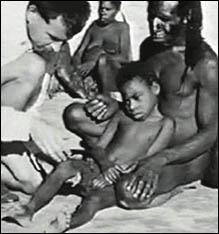
Kuru (New Guinea): This degenerative neurological disorder, with symptoms similar to mad cow disease, is caused through the practice of cannibalism, which was practice in the region until it became officially banned in the early 1960s. Any cannibalism occurred purely within the context of funerary rituals, wherein women, who prepared the bodies of the dead, partook of small portions of the deceased’s brain, which often contained an infectious protein, subsequently leading to arm and leg pain, coordination problems, headaches, swallowing difficulties, tremors, and eventual death.
For further information on Kuru, look to Laughing Death: The Untold Story of Kuru by Vincent Zigas.

Anorexia nervosa (North America, Western Hemisphere): A psychological illness associated with weight obsession, anorexia is an oftentimes incurable practice of severe restriction of food. Almost all individuals who are diagnosed with this condition are young females, most of whom are Caucasian and of higher socioeconomic status. Symptoms of anorexia include, but are not limited to, drastic weight loss, depression, social withdrawal, impaired organ functions fatigue, loss of attention, irritability, and death. Treatment of anorexia may include outpatient treatment directed towards gradual weight gain and psychological therapy.
For more information on Anorexia nervosa, look to Anorexia nervosa: When food is the enemy by Erica Smith, 100 Questions & Answers about Anorexia Nervosa by Sari Fine Shepphird, and Anorexia nervosa: a multidimensional perspective by Paul E. Garkinfel and David M. Garner.
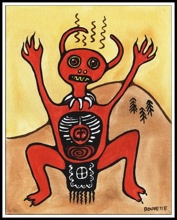
Windigo Psychosis (Native American): In Algonquian culture, the windigo is a cannibalistic entity with a heart made of ice that possesses individuals. Those who succumb to this malevolent spirit, generally in the winter months, are then diagnosed as having windigo psychosis, which causes the victim to crave human flesh and suffer from symptoms such as depression, nausea, distaste of ordinary food, and states of disconnectedness. The only treatments available are in the hands of traditional healers.
For further information on windigo psychosis, look to http://chrishibbard.wordpress.com/2008/10/31/the-windigo-psychosis/, and Revenge of the Windigo by James Burgess Waldram.
For further information on culture-syndromes as a whole, look to The Culture-bound syndromes: folk illness of psychiatric and anthropological interests by Ronald C. Simons.Copyright Lilith Eden 2011. All Rights Reserved.




